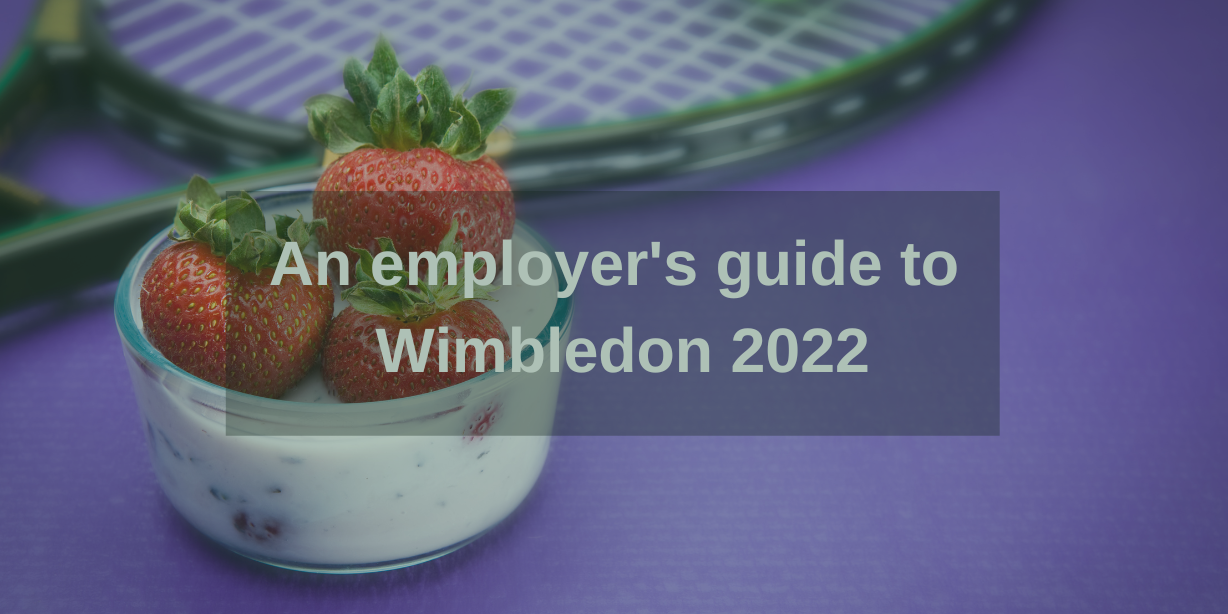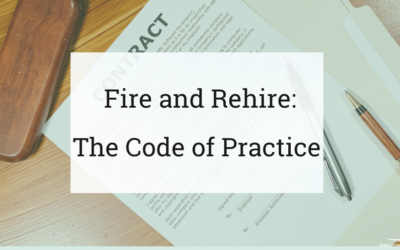
After a remarkable win from 18-year-old Emma Radacnua at the US Open in September last year, it is only fair to assume that there will be enhanced interest in this year’s Wimbledon tournament. Should British players progress well through the competition we have to prepare for the HR Headaches that employers may face, “what do I do if my staff call in sick?” or “what do I do if my staff turn up drunk or hungover?” or “what do I do if I think a remote worker is watching tennis instead of working?”
Employee absences
The first step in dealing with an absence is to conduct a comprehensive return to work meeting. This includes asking as many question as possible to assess whether the employee is being truthful: when did you first become ill; was anyone else in the family ill; how long did it last and so on. If possible, the return to work meeting should be conducted face-to-face to assess body language and whether the responses appear to be genuine.
Remember that for an absence of 7 days or less, an employee is not required to provide a Fit Note from their GP, providing evidence of their illness, and can instead self-certify the reason for absence.
If the absence appears to be genuine and the employee has not hit absence management trigger points, a simply reminder of the absence management process will suffice.
If the absence is genuine and the employee has hit or exceeded absence trigger points, a formal absence management meeting and a caution is necessary.
If the absence does not appear to be genuine and this can be evidence (which is very difficult) it becomes a disciplinary matter.
It is important to be consistent in how employees who call in sick are treated in order to avoid treating some with greater suspicion than others.
Incentives to avoid staff absences
A British player getting to the finals is always a huge moment, but a win would be momentous. The last time the Championship was won by a British female player was 1977. We understand the importance of viewing the match, but for employers, this can be a great time to boost staff morale (albeit that the women’s final will be on a Saturday).
This is a great opportunity for employers to give a discretionary incentive to staff to avoid sick days. This could be done by; offering a free breakfast sandwich the day after the final, for example, or allowing staff to come in an hour later than their usual start time. By allowing some leniency with your staff it allows you to show trust in your employees.
Watching tennis whilst remote working
There is a risk that remote workers can simply watch Wimbledon for two weeks either whilst working (dual screening) or whilst claiming to be working. Having the Championships playing in the background will be distracting and could have a detrimental impact on work. Trusting employees to work remotely is important but where there is genuine concern, it might be that employers can resort to ‘spyware’ which runs in the background of the computer in order for to assess whether work is being done. Please check your handbooks or speak to us before implementing spyware.
Alternatively, the good old fashioned approach of investigating with the employee and reviewing the work completed will be the next best option. Any employer with a r reasonable belief that an employee was watching tennis instead of working should definitely consider disciplinary action. Talk to us if this is your concern and we will guide you through it!
Tax-deductible employee incentives
The trivial benefits exemption allows employers to provide employees with low-cost benefits free of Tax and National Insurance and any reporting obligations?
For more information on the tax-deductible incentives visit Key Accountancy’s blog here.
What do I do if I think my employee is still drunk or hungover?
The men’s final is set for Sunday, 10 July and the ladies the day before. Should a British player reach the final or even win, it may well be the case that celebrations are raucous drink filled. This means that if your employee has to start work at 7:30 am, but doesn’t stop drinking until midnight, they would be deemed as unfit to drive to work the next morning. Although this is much less likely with tennis than with the Football World Cup (later this year) it is still a possibility.
It takes approximately just under one hour for each unit of alcohol to leave your body according to Healthline.com and with an average of 3 units per pint of lager and a standard glass of wine at 2.1 units. This calculates that if you were to drink 4 pints of lager it would take around 10.5 – 12 hours for the alcohol to leave your system.
This should be regarded as a serious matter. Employers should be clear to staff at the outset of the tournament that absences will be monitored and that absence on relevant match days may be regarded with suspicion. Where an employee is intoxicated or hungover to the extent that they cannot work, employers can send employees home from work. Speak to us to determine any implications on their pay.
If there are concerns that employees might attend work under the influence, make sure that there is an alcohol and drugs policy in place to remind staff that they should not attend work in such a condition and that testing may be implemented.
Employment Law Solutions can help – we are an employment law service offering employment law advice for employers.
With a wealth of knowledge in curing HR headaches for employers across the UK, Employment Law Solutions can offer comprehensive, stress-free, and pragmatic advice on employment law, including restrictive covenants, post-termination restrictions, and furlough. We offer 24/7, 365 guidance with a mission to help you get on with doing what you do best – running your business. Protecting your business will always be our main priority.




